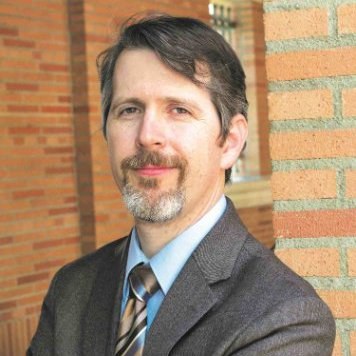Empathy Beyond U.S. Borders: the Challenges of Transnational Civic Engagement
Abstract
Adler, G. (2019). Empathy beyond US borders: The challenges of transnational civic engagement. Cambridge University Press.
How do middle-class Americans become aware of distant social problems and act against them? US colleges, congregations, and seminaries increasingly promote immersion travel as a way to bridge global distance, produce empathy, and increase global awareness. But does it? Drawing from a mixed methods study of a progressive, religious immersion travel organization at the US-Mexico border, Empathy Beyond US Borders provides a broad sociological context for the rise of immersion travel as a form of transnational civic engagement. Gary J. Adler, Jr follows alongside immersion travelers as they meet undocumented immigrants, walk desert trails, and witness deportations. His close observations combine with interviews and surveys to evaluate the potential of this civic action, while developing theory about culture, empathy, and progressive religion in transnational civic life. This timely book describes the moralization of travel, the organizational challenges of transnational engagement, and the difficulty of feeling transformed but not knowing how to help.
Abstract
Adler, G. (2019). Empathy beyond US borders: The challenges of transnational civic engagement. Cambridge University Press.
How do middle-class Americans become aware of distant social problems and act against them? US colleges, congregations, and seminaries increasingly promote immersion travel as a way to bridge global distance, produce empathy, and increase global awareness. But does it? Drawing from a mixed methods study of a progressive, religious immersion travel organization at the US-Mexico border, Empathy Beyond US Borders provides a broad sociological context for the rise of immersion travel as a form of transnational civic engagement. Gary J. Adler, Jr follows alongside immersion travelers as they meet undocumented immigrants, walk desert trails, and witness deportations. His close observations combine with interviews and surveys to evaluate the potential of this civic action, while developing theory about culture, empathy, and progressive religion in transnational civic life. This timely book describes the moralization of travel, the organizational challenges of transnational engagement, and the difficulty of feeling transformed but not knowing how to help.
